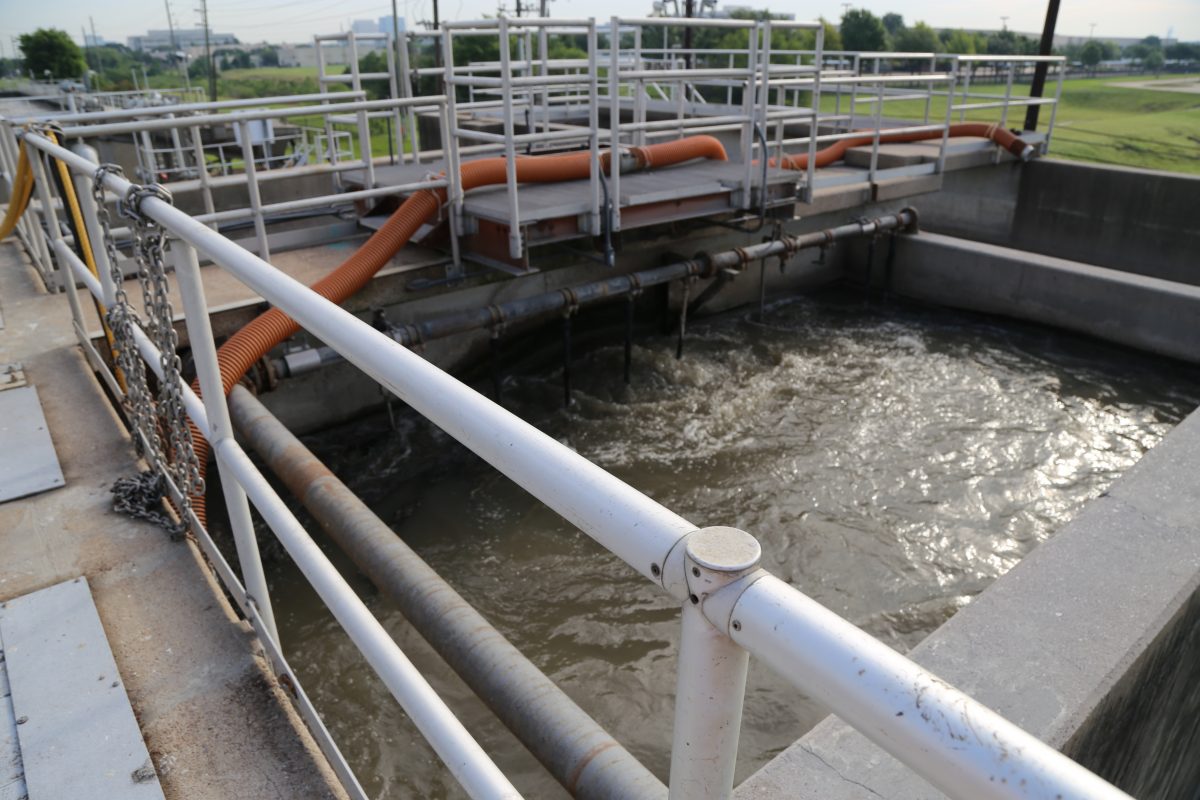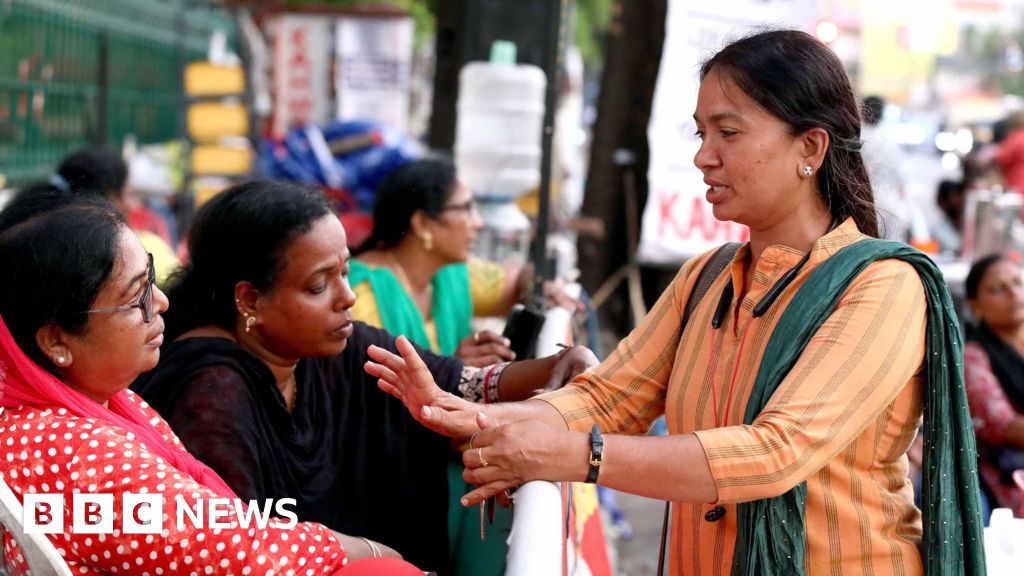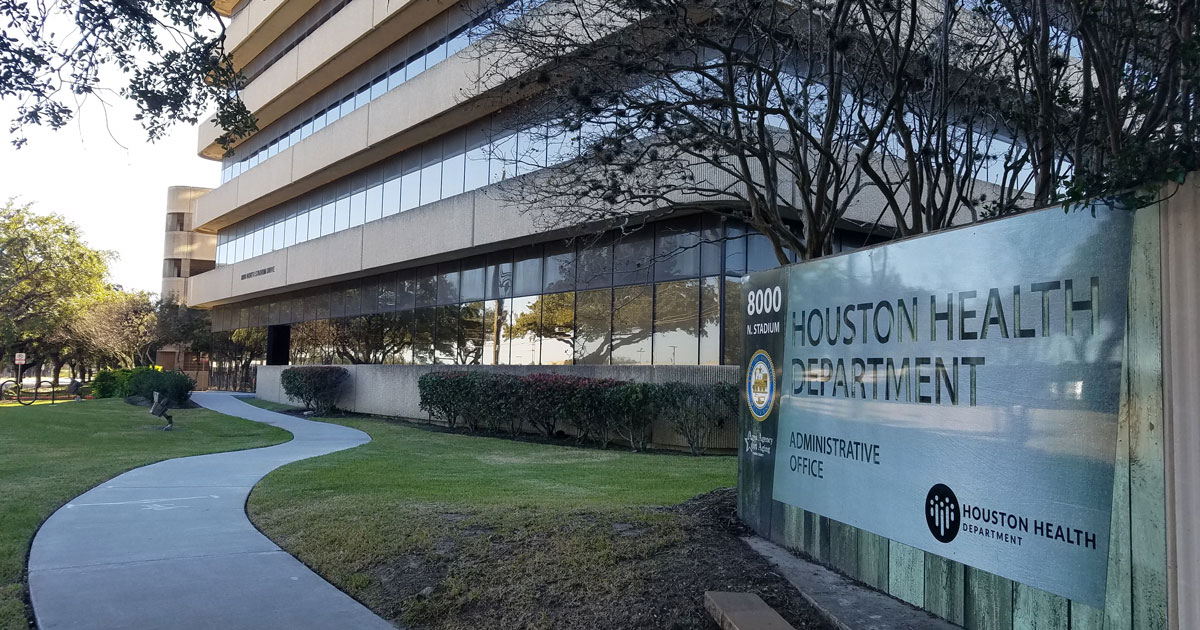Sewage Surveillance: Houston Monitors Wastewater as Measles Threat Spreads Across West Texas
Health
2025-03-11 19:39:35Content

In a proactive public health effort, Houston is casting a wide net to monitor potential measles spread across the city. Health officials are employing a comprehensive surveillance strategy that includes examining 36 wastewater treatment facilities and 48 strategic manholes throughout the metropolitan area.
Beyond wastewater monitoring, the city's vigilant approach extends to tracking high-risk locations such as school campuses, daycare centers, homeless shelters, nursing homes, and correctional facilities. This multi-pronged strategy aims to quickly detect and contain any potential measles outbreak before it can gain significant momentum.
By systematically screening these diverse locations, Houston's health department is demonstrating a sophisticated and thorough approach to community health protection, ensuring early detection and rapid response to any emerging infectious disease risks.
Urban Health Surveillance: Houston's Innovative Approach to Disease Monitoring
In an era of unprecedented public health challenges, cities are increasingly adopting sophisticated strategies to detect and prevent potential disease outbreaks. Houston stands at the forefront of this critical municipal health initiative, implementing a comprehensive and technologically advanced monitoring system that goes far beyond traditional surveillance methods.Protecting Communities Through Cutting-Edge Epidemiological Tracking
Wastewater Monitoring: A Silent Sentinel of Public Health
Houston's public health infrastructure has revolutionized disease detection by transforming wastewater treatment plants into sophisticated early warning systems. By strategically monitoring 36 treatment facilities and 48 critical manholes throughout the city, municipal health experts can now detect potential disease clusters before they become widespread community threats. This innovative approach allows for real-time epidemiological intelligence, providing unprecedented insights into community health dynamics. The scientific methodology behind wastewater surveillance involves complex microbiological testing and advanced genetic screening techniques. Researchers can identify viral and bacterial signatures within municipal waste streams, creating a comprehensive map of potential health risks. This approach represents a paradigm shift in preventative public health strategies, enabling proactive intervention rather than reactive response.Comprehensive Community Surveillance Network
Beyond wastewater monitoring, Houston has developed a multi-layered surveillance strategy encompassing diverse institutional environments. The city's health department has implemented targeted monitoring protocols for critical community spaces, including educational institutions, childcare facilities, homeless shelters, elderly care centers, and correctional facilities. Each monitored location serves as a critical data point in the city's expansive health intelligence network. By creating interconnected surveillance points, municipal authorities can rapidly identify potential disease transmission pathways and implement swift, targeted interventions. This holistic approach demonstrates a sophisticated understanding of community health ecosystems and the complex interactions that facilitate disease spread.Technological Innovation in Public Health Management
The implementation of such an extensive monitoring system requires significant technological infrastructure and interdisciplinary collaboration. Houston has invested heavily in cutting-edge diagnostic technologies, data analytics platforms, and real-time communication systems that enable rapid information dissemination among public health professionals. Advanced algorithms and machine learning models process the vast streams of collected data, identifying subtle patterns and potential emerging health risks. This data-driven approach transforms traditional epidemiological research, creating a dynamic and responsive public health management framework that can adapt quickly to evolving health challenges.Ethical Considerations and Community Engagement
While the surveillance system represents a significant technological achievement, it also raises important ethical considerations regarding privacy and data management. Houston's health department has implemented robust protocols to ensure individual anonymity and protect sensitive health information while maintaining the system's effectiveness. Community transparency and engagement remain paramount in this innovative approach. Public education initiatives help residents understand the critical role of such monitoring systems in protecting collective health, fostering trust and collaboration between municipal authorities and community members.Future Implications and Scalable Models
Houston's comprehensive health monitoring strategy serves as a potential blueprint for other metropolitan areas seeking to enhance their public health resilience. The city's multifaceted approach demonstrates how technological innovation, strategic planning, and interdisciplinary collaboration can create powerful tools for disease prevention and community protection. As global health landscapes continue to evolve, such adaptive and proactive monitoring systems will become increasingly essential in maintaining public health security and responding effectively to emerging challenges.RELATED NEWS
Health

Papal Well-being Sparks Urgent Prayers: Inside the National Catholic Breakfast Gathering
2025-03-01 00:30:00
Health

Silent Killers: What Your Everyday Products Are Really Doing to Your Health
2025-03-04 22:14:19






